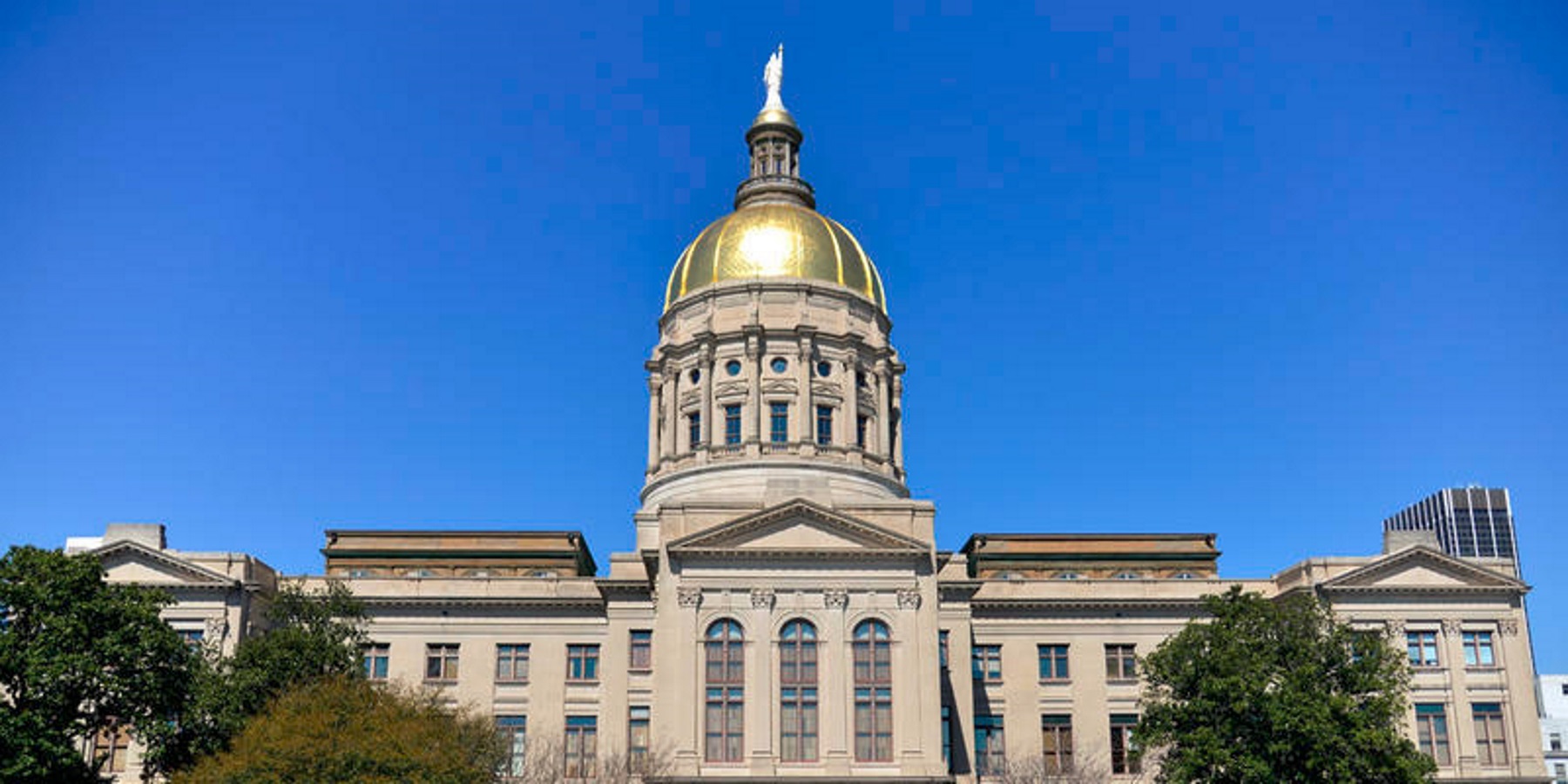Georgia lawmakers are considering a bill that would prohibit local governments from banning natural gas.
Other states, including Tennessee, Oklahoma and Arizona, have passed similar laws recently in response to the increasing number of cities that have banned new gas hookups out of a concern about climate change.
There aren’t any Georgia cities trying to do that now, but the proposed bill, if it becomes law, would keep it from happening.
“This bill would put the brakes on governmental entities from adopting policies that prohibit the connection or reconnection of any utility service based solely on the type of energy, or source of that energy,” Rep. Bruce Williamson, Republican from Monroe and sponsor of the bill, said at a hearing Monday.
A handful of cities in California and other states have prohibited, or are working to prohibit, natural gas in new buildings. While natural gas is less polluting than coal, burning it contributes to climate change.
Stephen Loftin, representing the Natural Gas Association of Georgia, said at Monday’s subcommittee meeting that those bans are the motivation behind the Georgia bill.
“The reason for House Bill 150 is that we have seen a number of local governments around the country – started in California, has now moved to Washington state, Massachusetts, New York City and now Denver – have now announced bans on natural gas,” he said.
Others speaking in favor of a statewide ban on local gas bans included groups representing Georgia farmers, Realtors and restaurants.
Officials from Georgia’s cities, though, spoke out against it.
“Our shared goal is to protect public health, safety and Georgians’ quality of life,” city of Atlanta Sustainability Director Shelby Buso said.
She said the city opposes the proposed law, saying that the state has historically left zoning and building decisions up to local governments.
Officials from Savannah and Athens said they’re against it, too. Those two cities, as well as Atlanta, Augusta and Clarkston, have made commitments to stop using sources of energy that generate greenhouse gas emissions.
Jennette Gayer, director of Environment Georgia, urged the lawmakers to reject the bill, and let Georgia cities make their own decisions about their future energy use.
“This bill – and there are other similar bills that have been introduced around the country – seems to anticipate Georgia turning into California,” Gayer said.
Monday’s meeting was an early hearing on this bill, in a House subcommittee, with no vote taken yet. A similar measure has been introduced in the Georgia Senate, as well.









